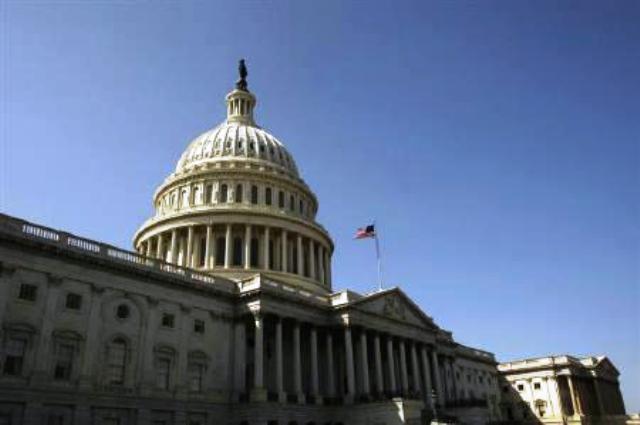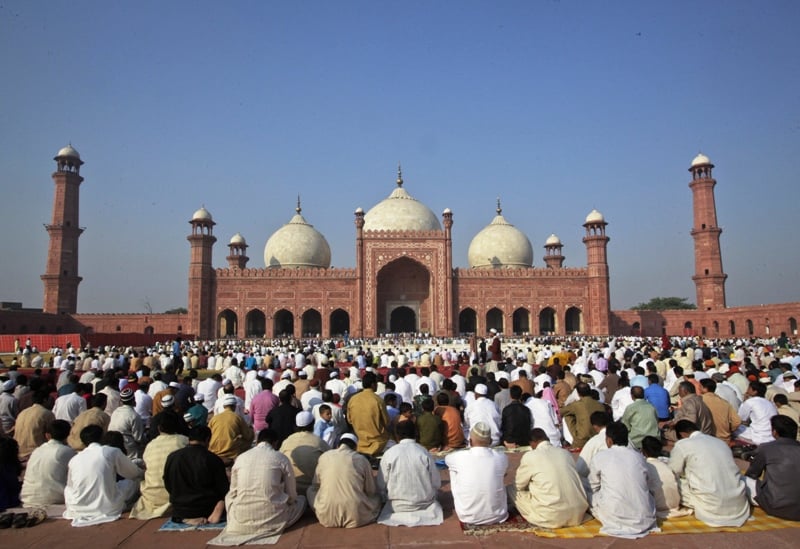
The House Foreign Affairs Committee easily rejected the measure, with five lawmakers voting yes and 39 voting no. But the bill in its current form would still impose tighter controls over aid, making it contingent on measurable progress by Pakistan.
Representative Dana Rohrabacher, a Republican from California, had offered the amendment to a spending bill for the year starting in October that would have barred any US funds to provide assistance to Pakistan.
Rohrabacher raised questions about how Pakistan was using assistance from the United States at a time that Washington is seeking to curb spending to tame a ballooning debt.
President Barack Obama's administration recently suspended about one-third of its $2.7 billion annual defense aid to Pakistan. But it has assured Islamabad it is committed to a five-year, $7.5 billion civilian package approved in 2009 that aims to build schools, infrastructure and democratic institutions.
The rival Republican Party controls the House and has drafted a measure, which remains in the spending bill, that would also cut off civilian aid unless Pakistan is certified to be fighting militants.
But even if it passes through the committee, the measure's prospects are uncertain. Obama's Democratic Party controls the Senate, where Senate Foreign Relations Committee chairman John Kerry is a staunch advocate of civilian support to Pakistan.
Democratic lawmakers argue that civilian aid is crucial in the long-run to strengthen democratic institutions and raise educational levels in Pakistan in hopes of reducing the appeal of Islamic extremists.























COMMENTS
Comments are moderated and generally will be posted if they are on-topic and not abusive.
For more information, please see our Comments FAQ